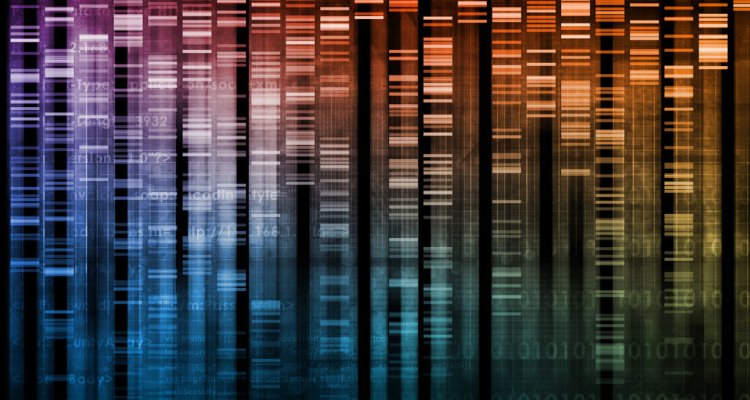
Project
Responsible data practices for Digital Twin development in agriculture and life sciences
This project will evaluate if data retrieved from DT can enable the realisation of the health capabilities, whether they hinder them, and what is the societal impact of doing so. While our project will focus on the nutritional and healthy diet aspects of DT data recommendations, our findings will be significant for all DT that focus on improving human wellbeing.
Personalised health tracking has become popular, such as activity tracking and nutrition-related health registration. One can track data about their daily steps, sports activities, and sleep, through wearables and apps. One can register food intake, apps can tell you what you can and cannot eat and reminders of when and how much to eat. There is the opportunity to take greater responsibility of one’s physical wellbeing and health, through personalised data.
This self-tracking of one’s personalised data is often advocated as a form of empowerment of individuals’ health capabilities. The concept, and realisation, of ‘digital twins’ (DT) in healthcare offers a leap forward in self-monitoring and our ability to manage our wellbeing. Our project provides an analysis of the transformative effects of DT data on how individuals understand and relate to their own bodies, using the DT flagship: “Me, My Diet, and I” (DT-FP-1).
The project will analyse DT through the lens of the capability approach to determine how the output data influences individuals’ behaviour and its effect on how it impacts our wellbeing. These findings will offer insights to DT developers about the effects of the data provided by these technologies on end-users, thus allowing them greater understanding about the data inputted into DT to receive these outputs, as well as the effects of the outputs themselves.